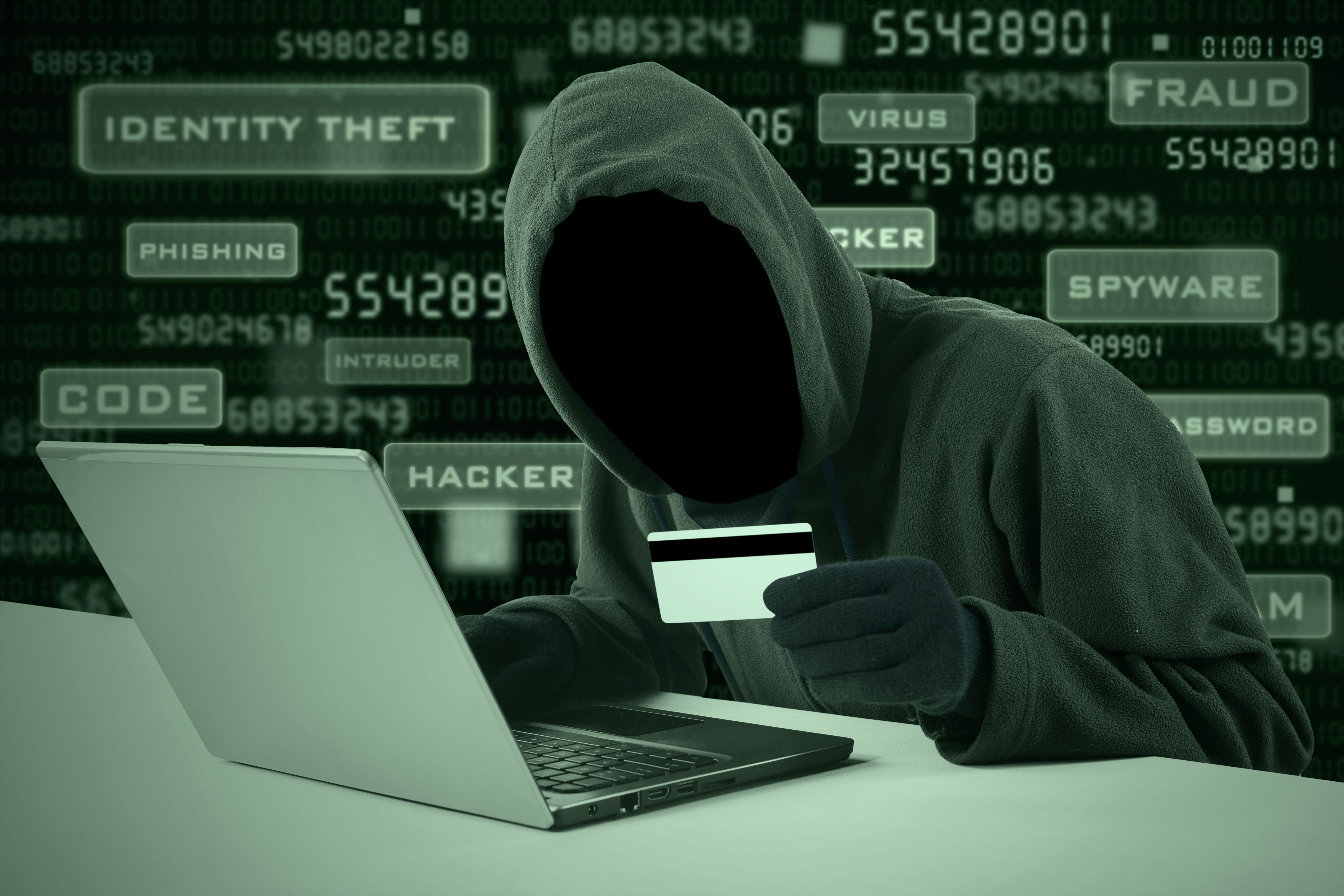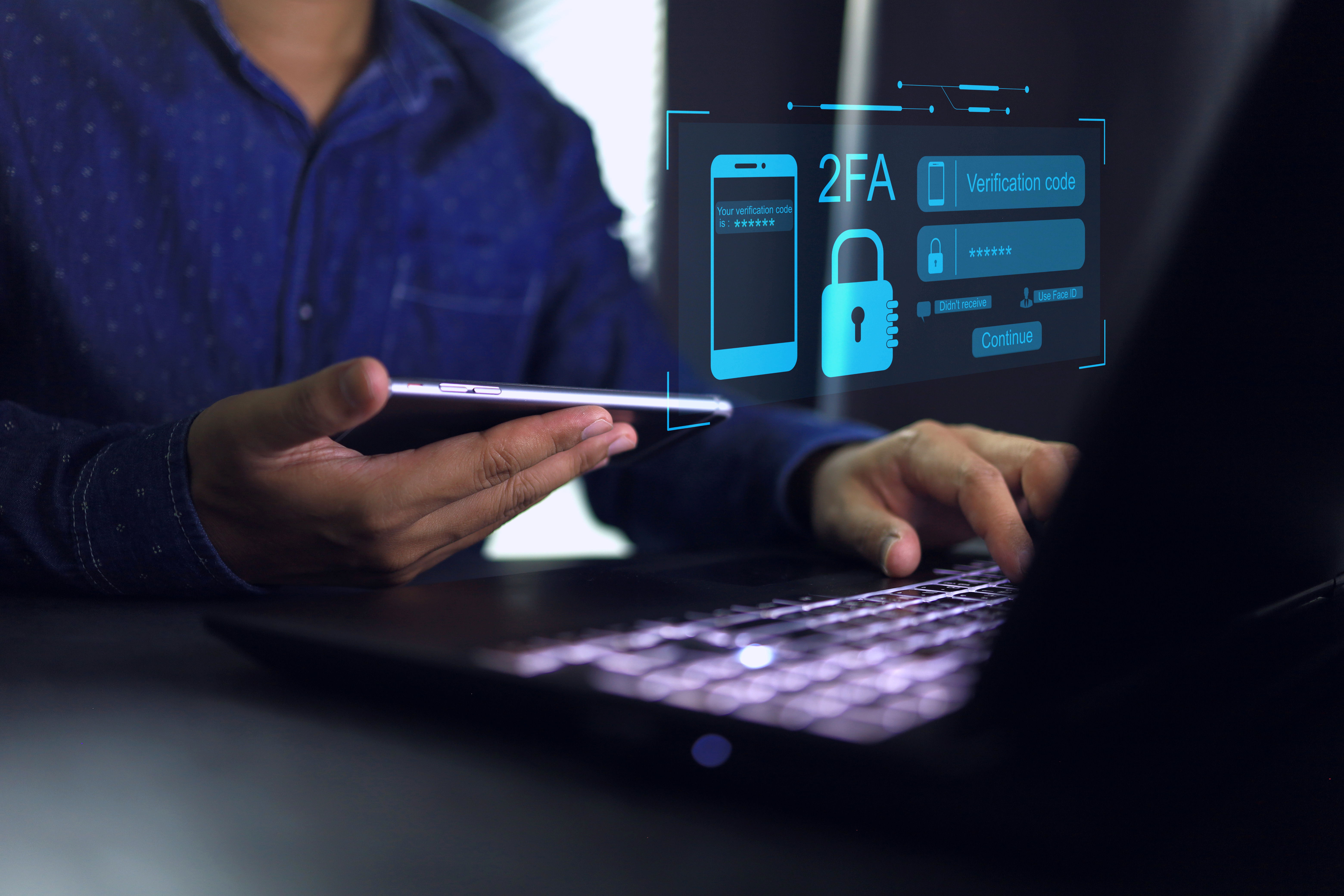So, you’ve been hacked. What’s next?
User data and personal information has never been more important in history than the current times we live in, with it being used for targeted ads, selling you things, getting ransomware payments and a whole lot more. Getting hacked can feel overwhelming, but it’s important not to let despair paralyze you and prevent you from taking action. Hackers use various tactics to gain access to your information. It could be a phishing link, a malware-infected file or a scammer posing as an expert offering to fix your computer. The methods are ever evolving. Some attacks involve stolen passwords or identity theft, but regardless of the methods used there are steps you can take to minimize the damage.
With the evolution of technology people have only focused on how to use the new technologies coming out ignoring that they sho also be vigilant and protect themselves from unauthorized access to their information. Knowing a bit about cybersecurity can help go a long way into protecting yourself.
So let’s get right to it:
“If it’s a hack of accounts related to your banking, credit cards, online payment, etc., first contact your financial institution or service provider immediately to have accounts reset and credit cards reissued,” says David Shipley, CEO and co-founder of Beauceron Security Inc. in Fredericton. “Then contact your local police. At a minimum, this can get you a file number you may need in order to file an insurance claim.”

If the breach involves e-mail or social media, notify friends and family using a different method or device, alerting them that fraudulent messages may be sent in your name. For attacks on work devices, notify your IT team and follow their instructions.
Outside of Quebec, Canada doesn’t have credit freeze legislation – this blocks access to your credit report, preventing anyone from pulling it without your approval – but you can prevent identity theft by freezing access to your credit reports. Services such as Equifax and TransUnion can block attempts to open new credit cards or take out loans in your name.
Mr. Shipley suggests signing up for credit monitoring, which tracks your credit activity and alerts you to any changes, so you can spot potential fraud early. Many online banking platforms do offer access to credit reports from one or more major credit bureaus, so you can easily check your credit status whenever you want and stay on top of any changes.
“You should review your credit report at least once per year,” says Julie Kuzmic, director of consumer advocacy at Equifax Canada. “It is important to realize that the next steps [after an attack] may vary according to the nature of the hack, so it’s important to learn more about hacks, data breaches and identity theft.”
If you receive a notification that an online account is compromised, immediately change your password to something stronger. And enable two-factor authentication (2FA) if it’s available. This will add another layer of protection in the event your password has been compromised.

Also, it’s not uncommon for companies who have experienced a security breach to offer users credit monitoring for 12 months free of charge. While users would have to pay out of pocket beyond that period, it can provide a measure of security in knowing if cyberattackers are trying to use their information or identity.
“Educate seniors you know about how to recognize and respond to potentially fraudulent e-mails, text messages, telephone calls or mail asking for payment or personal information,” Ms. Kuzmic adds. “Tech-savvy thieves can quickly gather what you share on social networks for scams, so consider limiting the amount of personal information you share on social media.”
Recovering lost data is challenging. Mr. Shipley emphasizes the importance of regular backups to ensure you don’t lose vital information.
Unfortunately, once data is stolen and sold on the dark web, recovery is nearly impossible.
“If we’re talking about criminals promising to delete exfiltrated data from you or your organization, there’s little data on how reliable they are,” he says.
It’s natural for people to feel intense shame or guilt as online victims, he adds, which is why cyberattacks are likely underreported.
“This can happen in both personal and workplace hacks,” Mr. Shipley says. “Make sure you tell people about what happened. You’re not guilty, you’re the victim of a crime and people want to help you, not judge you.”
Soon we will be rolling a free cybersecurity course to help you with the basics and help you protect yourself better.
Note: You can also advertise on Perusee, just contact us, call or app +263 78 613 9635
Click here to Follow our WhatsApp channel
Keep comments respectful and inline with the article, also create an account and login to chat with members in our forum, get help on issues you need help with from community members.
